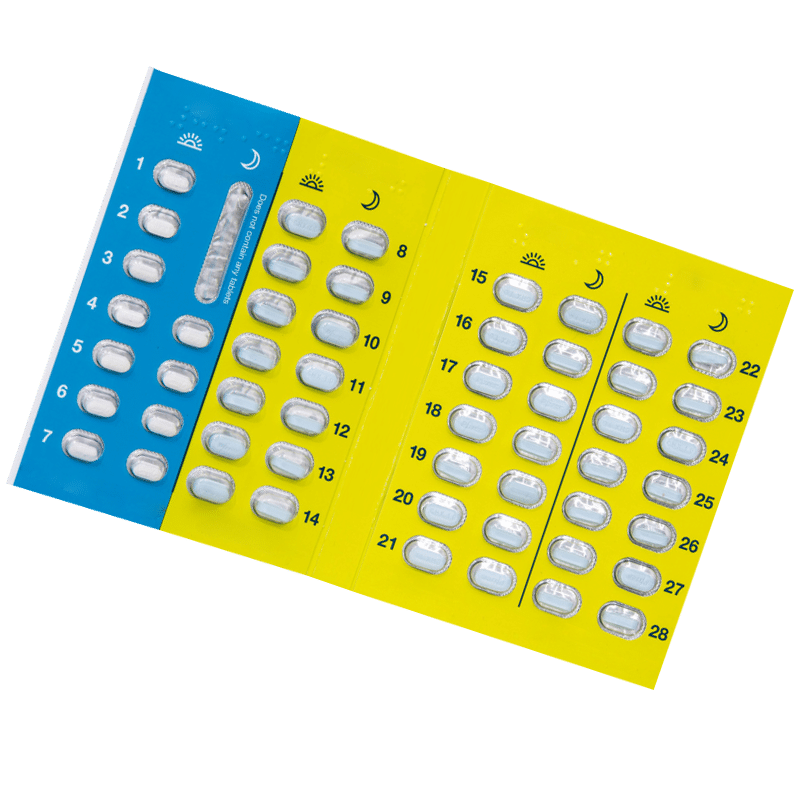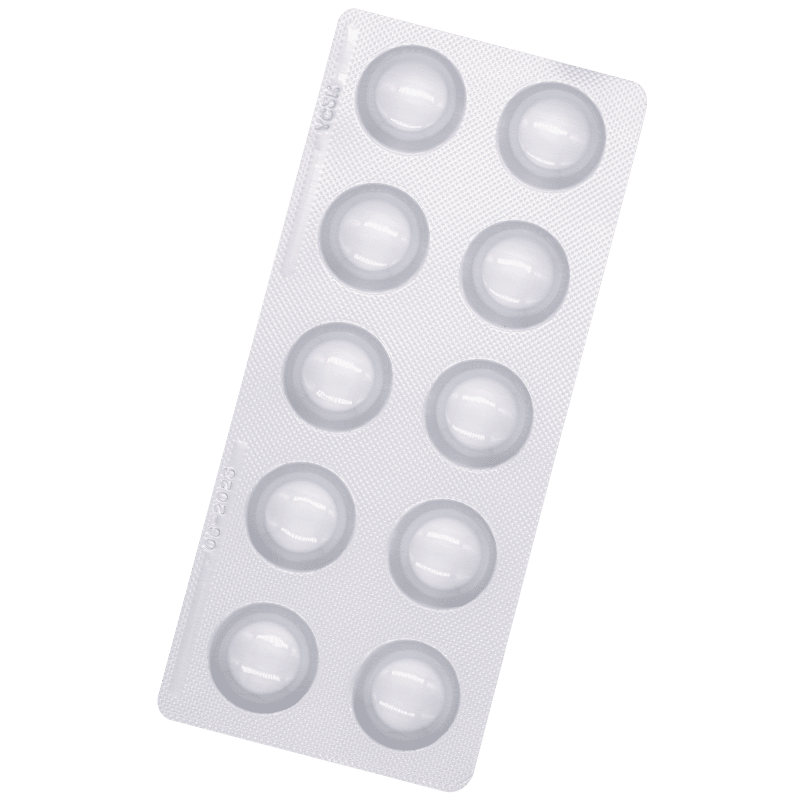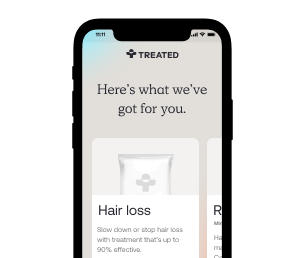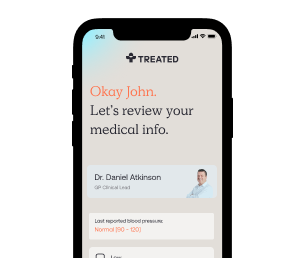Champix is one of the best known brands of stopping smoking medication. The active ingredient in Champix is varenicline and you will not be able to take this medication if you are allergic to varenicline or any of the other ingredients of Champix. Varenicline is not recommended for people under the age of 18, who are pregnant or breastfeeding or who have severe kidney problems.
Varenicline (Champix) works by relieving the craving and withdrawal symptoms that are associated with quitting smoking, it does this by stimulating the nicotine receptors to mimic receiving nicotine. It also reduces the enjoyment of smoking by blocking reward signals from the brain that are released when you inhale nicotine. This means that it could be effective for those who take particular enjoyment from the habit, such as people who only smoke socially.
What are the pros and cons of varenicline?
Varenicline is only available on prescription, meaning that you will need an appointment with your doctor, or an NHS stop smoking service to receive it. A course of varenicline lasts around 12 weeks, which is longer than a course of bupropion, after which time you will need to be reviewed. It may be possible for you to continue with treatment beyond the 12 weeks if necessary.
The biggest advantage of varenicline is that the risk of side effects isn’t as high as it is with bupropion. The longer treatment course also means that your quit attempt could be more successful than after a single course of bupropion.
What are the alternatives to Champix?
As Champix has been recalled by Pfizer for safety reasons, many people are seeking an alternative to Champix. In terms of medications on the market, it can be argued that bupropion (Zyban) is the most similar option. Research suggests that it’s not quite as effective as Champix, but there’s not a great deal in it. A course of Champix lasts for around 12 weeks, whereas a course of Zyban typically only lasts for 7-9 weeks, so you won’t have to take it for as long.
They both work in a similar way in the brain, which is to make smoking less appealing and pleasurable to you.
If you want to go down a different route, though, there’s always nicotine replacement therapy. This is much less of a ‘like-for-like’ replacement for Champix, but it could be a good option for you if bupropion isn’t suitable for you, or if you’ve tried it before and it hasn’t worked.
What does switching from Champix to an alternative involve?
If you’ve been taking Champix and can’t get it any more, or you’ve taken it in the past and want to use a similar treatment, then switching is quite simple. You’ll need to start the new course from scratch to allow your body to get used to the new treatment, which means starting at the low dose before increasing it.
So, for example, if you’re switching from Champix to Zyban, you’ll need to cut down from your current dosing schedule to your new one. This might mean going from four tablets a day to one, which will be necessary for you to become accustomed to the new active ingredient.



